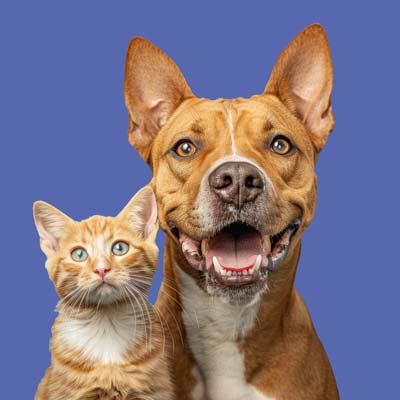Contact Us
We at Crystal Lake Veterinary Hospital are always looking for ways to improve our service to you. Your suggestions, ideas, and comments are always welcome.
Where to find us:
800 East Terra Cotta Ave.
Crystal Lake, IL 60014
Phone: (815) 459-3380
Hours:
Mon – Fri: 8am – 6pm
Sat: 8am – 12pm


